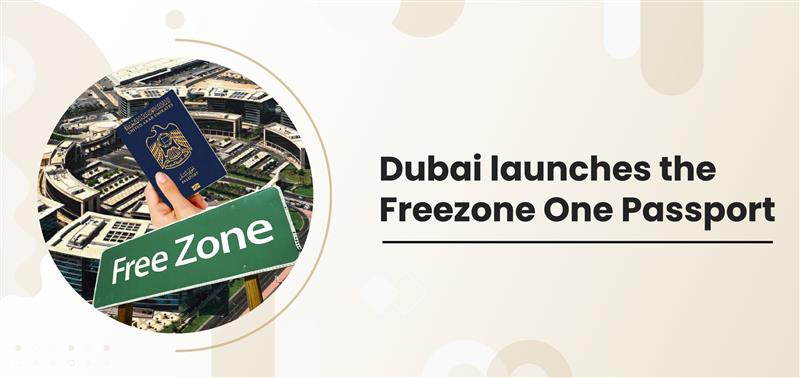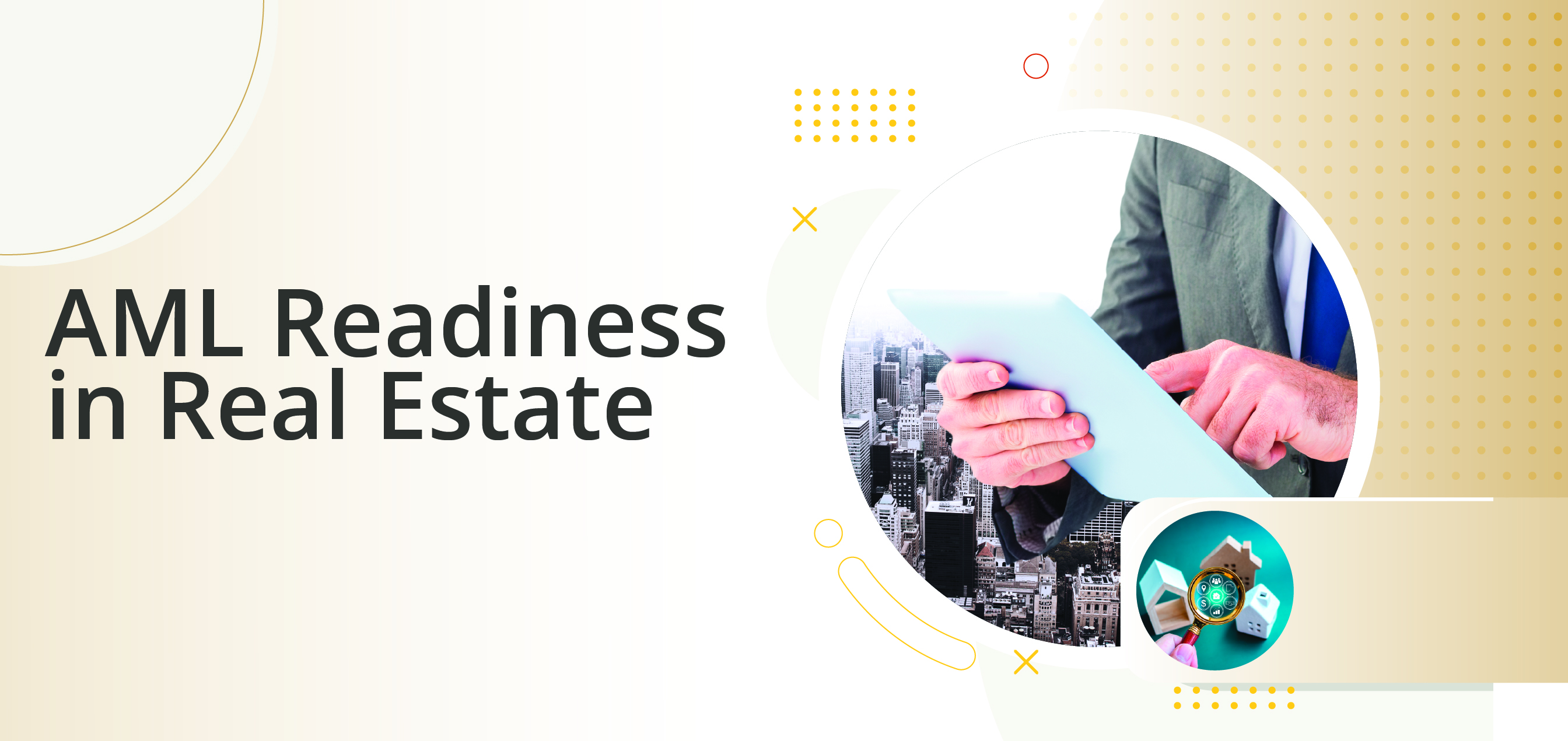The UAE property market, among the most vibrant in the nation, is also subject to unique exposures to financial crime. Property deals, sales, purchases, or rentals—can be abused by criminals to facilitate money laundering. Typologies such as third-party proxies, shell companies, and manipulation of property prices remain high priority concerns for the UAE Financial Intelligence Unit (UAEFIU).
For real estate practitioners, AML UAE compliance is no longer optional but a strategic necessity. Developers and brokers must impart strong compliance practices to safeguard their businesses as well as the integrity of the national economy.
Why AML Compliance Matters for Real Estate Professionals
The UAE AML regime requires listed DNFBPs, brokers, and developers to implement effective mechanisms for preventing money laundering and terrorism financing. Some of the requirements include customer due diligence, customer monitoring, reporting suspicious transactions, and compliance governance.
By demonstrating strong AML compliance, real estate professionals not only lower regulatory risk but also build credibility with clients and investors. In an industry where reputation reigns supreme, compliance is a part of a successful, sustainable business.
Key Due Diligence Must-Haves for Brokers and Developers
Diligence is the foundation of AML readiness in real estate. The Ministry of Economy and UAEFIU also highlight the following necessities:
• Customer Identification and Verification: Confirm the identity of individuals and beneficial owners, particularly where there are intricate legal structures.
• Source of Funds Verification: Obtain paperwork to prove the authenticity of funds used in transactions.
• Sanctions and PEP Screening: Conduct background checks to screen politically exposed persons and sanctioned parties.
• Record-Keeping: Maintain records of transactions, contracts, and ID documents for at least five years.
• Suspicious Transaction Reporting (STRs): Submit through the goAML system every time activities appear suspicious or high-risk in nature.
These measures align directly with AML law in the UAE, ensuring that brokers and developers meet their obligations while minimizing exposure to financial crime risks.
Risk Factors Brokers and Developers Must Consider
Real estate agents must consider money laundering risks at the enterprise level and the customer level. Risk factors include:
• Nature and complexity of the customer (individual, corporate, offshore entity).
• Geographical location of the client, with special care to high-risk jurisdictions.
• Type and frequency of property deals.
• Payment channels, especially high-value virtual asset or cash payments.
Failure to recognize these risks under UAE AML regulations can lead to significant fines, license suspensions, and reputational damage.
Top Red Flags in Real Estate
UAEFIU’s strategic analysis highlights common abuse patterns in the industry, a few of which are as follows:
• Third-Party Proxies: Use of family or friends to hide beneficial ownership.
• Corporate Deals: Shell companies created to conceal illicit money.
• Unlicensed Activities: Off-campus crowdfund websites and unlicensed hawala services related to real estate buys.
• Manipulation of Property Prices: Manipulative inflation or undervaluation to conceal financial flow.
Recognizing these patterns is vital for strengthening Anti-money laundering in real estate in the UAE.
Essential Practices for Real Estate Due Diligence in the UAE
To maintain compliance and protect their operations, brokers and developers should integrate these best practices into daily operations:
• Develop a risk-based AML framework aligned with national laws.
• Educate staff to identify red flags and abnormal behavior.
• Performed enhanced due diligence on high-risk clients, including politically exposed persons.
• Monitor recent ownership changes in properties and unusually rapid resales.
• Cooperate closely with the supervisory authorities in risk indicator updates.
These steps ensure alignment with the UAE AML law 2025, creating resilience against regulatory scrutiny and financial misconduct.
How to Strengthen Real Estate Regulatory Compliance in the UAE
Regulators emphasize that compliance is not simply about avoiding fines but also a question of ensuring market stability. Conformity to governance structures, ongoing monitoring, and proactive reporting are all crucial for real estate regulatory compliance in the UAE, according to the supplemental guidance.
When professionals adopt these measures, they foster greater transparency and trust in one of the UAE's most vital economic sectors.
Strengthen Your AML Compliance with AMCA
AML readiness is a competitive advantage. Developers and brokers who adopt strong due diligence procedures are the market leaders in an industry where integrity is success. Staying compliant with national guidance and one step ahead of new risks allows real estate professionals to grow their business with confidence and safeguard the UAE's financial markets.
At AMCA, we help real estate businesses implement robust due diligence frameworks, meet compliance obligations, and stay ahead of regulatory changes. Contact us to ensure your AML strategy is not just compliant but future-proof.
FAQs
Q1: Who is responsible for AML compliance in the real estate sector?
Brokers, developers, agents, lawyers, and other DNFBPs are directly responsible under the UAE AML framework.
Q2: What transactions must be reported to the UAEFIU?
Cash transactions above AED 55,000, virtual asset-based property deals, and any suspicious activity must be reported via the goAML platform.
Q3: How long must records be retained?
All client identification and transaction records must be kept for a minimum of five years.
Q4: What are the penalties for non-compliance?
Violations can result in fines from AED 50,000 up to AED 5 million, suspension of licenses, and reputational damage.



.jpg)
